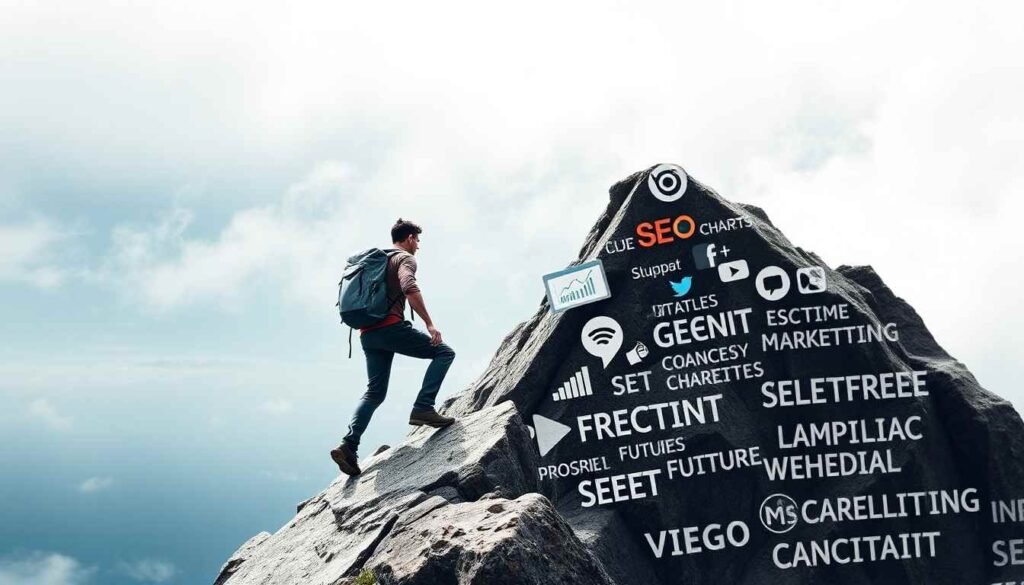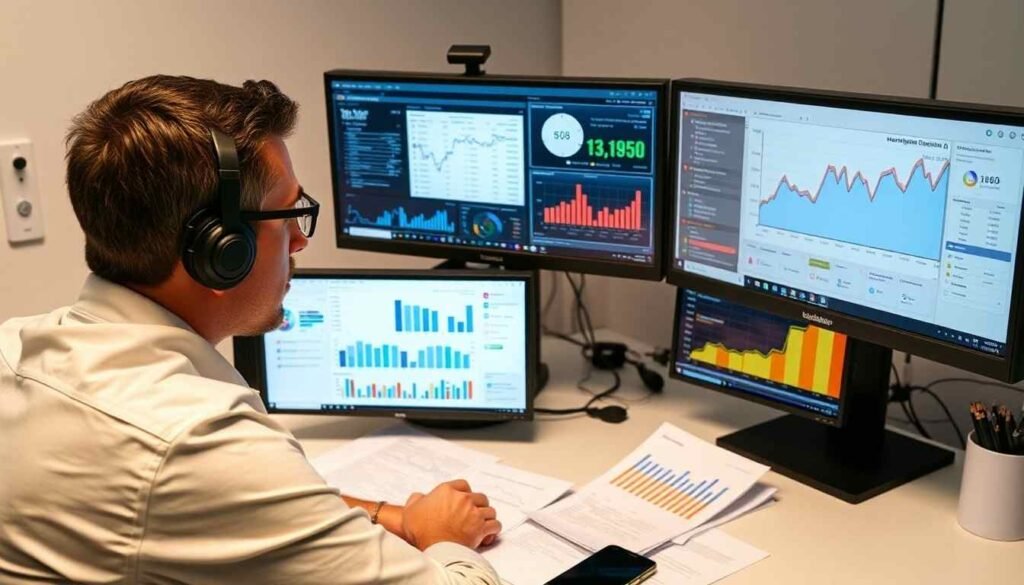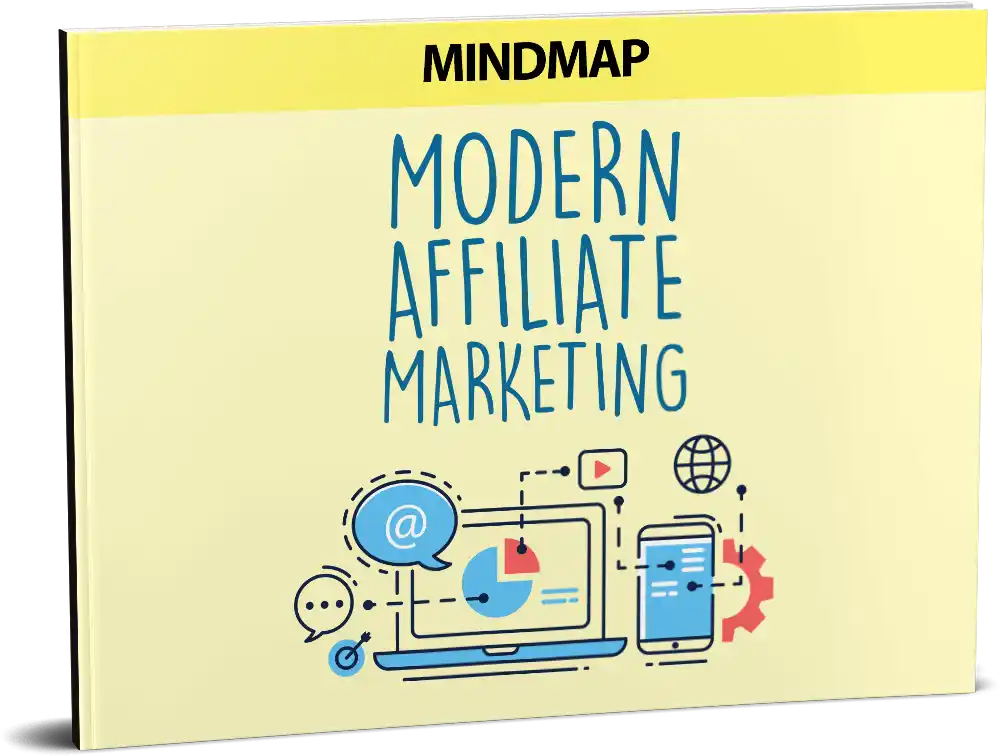
Look, I’m not going to sugarcoat this.
The affiliate marketing landscape in 2025 is virtually unrecognizable compared to the glory days of the 2010s. I’ve been in this game for over a decade, and I’ve watched the easy money dry up as the industry matured, competition skyrocketed, and consumer savviness reached all-time highs.
But does that mean affiliate marketing is dead? Far from it.
It just means the days of throwing up a poorly written review site and watching the commissions roll in are long gone. And honestly? That’s probably a good thing.
The Golden Age Is Over (And Why That’s Actually Okay)
I started my affiliate journey in 2011 with a simple WordPress site about fitness supplements. Back then, ranking on Google was almost laughably easy – keyword stuffing, some basic backlinks, and boom – I was making $3,000 a month within 90 days.
Those days are gone.
Here’s what changed:
- Algorithm evolutions: Google has released countless updates specifically targeting low-quality affiliate content
- Market saturation: Every niche, even obscure ones, now has established players with serious content operations
- Consumer sophistication: People can smell a purely promotional review from a mile away
- Affiliate program tightening: Companies have slashed commission rates and lengthened cookie durations
I remember chatting with one of my mentees who was discouraged about the current landscape. “James,” he said, “I’m doing everything right but getting nowhere. Should I just quit?”
My response was simple: “It depends on whether you’re willing to treat this like a real business rather than a get-rich-quick scheme.”
And that’s the hard truth many aren’t ready to hear.
Feeling overwhelmed by the learning curve? The Genius Wave helps optimize your cognitive function, potentially making it easier to absorb complex marketing concepts.
The Brutal Reality Check Every Aspiring Affiliate Needs

If you’re considering affiliate marketing in 2025, here’s what you’re up against:
1. The Learning Curve Is Steeper Than Everest
Gone are the days when you could just learn basic SEO and call it a day. The modern affiliate marketer needs competency in:
- Advanced SEO strategies including E-E-A-T principles
- Content creation that genuinely serves user intent
- Email marketing that converts without being spammy
- Social media algorithms across multiple platforms
- Analytics and data interpretation
- Conversion rate optimization
- Video production and editing
- Basic graphic design
- Community building
I spent a solid 18 months learning before I saw consistent income. Today? You might need two years of dedicated study.
2. The Content Quality Bar Is Sky-High
In 2015, a 500-word article might rank. In 2025? You’re competing against:
- 4,000+ word comprehensive guides written by subject matter experts
- Interactive tools that serve user needs directly
- Video content with production values that would make early YouTubers weep
- Podcasts featuring industry leaders and thoughtful discussions
Recently, I analyzed a successful affiliate site in the home improvement niche. Their “best cordless drills” article featured original photography of 15 different models they purchased and tested, comparison charts based on their actual usage data, and a 25-minute accompanying video. The investment for that single piece of content? Over $7,000.
This isn’t meant to discourage you – it’s meant to set realistic expectations.
Need to process large amounts of information quickly as you learn the ropes? The Genius Wave is designed to enhance mental clarity and cognitive processing.
3. The Competition Is Relentless
Ten years ago, your competition was other individual marketers. Today? You’re up against:
- Venture-backed content companies with millions in funding
- Traditional publishers who’ve pivoted to affiliate revenue
- Former affiliate marketers who’ve sold their sites for 7 figures and started new projects with massive resources
- AI tools creating basic content at scale
I remember looking at a keyword I was targeting last year and seeing sites from CNET, Wirecutter (New York Times), and three other major players. My solo operation was fighting in a heavyweight division.
4. The Technical Requirements Keep Expanding
In 2025, having a fast, technically optimized website isn’t a competitive advantage – it’s the bare minimum. You need to understand:
- Core Web Vitals
- Mobile optimization
- Schema markup
- Security best practices
- Accessibility standards
One client I consulted for saw their traffic drop 40% overnight after a Google update because they hadn’t addressed these technical factors.
So Why Am I Still Doing This? (And Why You Might Want To As Well)
Despite everything I’ve just told you, I’m still an affiliate marketer. In fact, I’ve grown my income every year for the past five years. Here’s why affiliate marketing can still be worth it:
1. The Barriers to Entry Filter Out the Non-Committed
Yes, it’s harder to break in. That also means less competition from people looking for easy money. The marketers who treat this as a serious business opportunity rather than a side hustle have room to thrive.
2. Diversification Is Easier Than Ever
Smart affiliate marketers in 2025 don’t rely on a single traffic source or program. My revenue breaks down roughly like this:
- 40% from SEO traffic to my websites
- 25% from my email list
- 20% from YouTube
- 10% from social media
- 5% from podcast appearances
When Google had a major update last year, I barely noticed because my traffic was diversified.
3. The Income Ceiling Is Higher
While it’s harder to make your first $1,000, the path to $10,000+ monthly is actually more established. Affiliate marketing has matured into a legitimate business model with predictable scaling strategies.
Working to build multiple income streams takes mental energy and focus. The Genius Wave may help support the mental stamina needed for building a diversified affiliate business.
4. It’s Still Location-Independent and Low-Overhead
Despite all the changes, affiliate marketing remains one of the few businesses you can run from anywhere with relatively low startup costs. No inventory, no employees (at least initially), and flexible hours.
The Path Forward: How to Succeed as an Affiliate in 2025
If you’re still reading, you might be one of the rare people with the determination to make this work. Here’s your roadmap:
1. Commit to the Long Game
Successful affiliate marketing in 2025 requires patience. Set a two-year horizon for significant results. Anyone promising faster results is likely selling you something.
I started a new site in the outdoor niche 18 months ago. Month 1-6: practically zero traffic. Month 7-12: gradually increasing to about 100 visits daily. Month 13-18: exponential growth to 1,500+ daily visitors and finally, consistent four-figure monthly income.
2. Specialize Deeply
The days of being a generalist are over. Instead of creating a “review everything” site, become the undisputed expert in something specific:
- Not just fitness, but strength training for women over 40
- Not just home improvement, but specifically smart home technology for historic homes
- Not just financial advice, but investment strategies for healthcare professionals
The riches are in the niches, as they say.
3. Create Real Value No One Else Is Providing
Ask yourself: “What information do people need that they can’t easily find elsewhere?”
One of my most successful affiliates focuses on detailed compatibility information between different technology products. This information was scattered across forums and Reddit, but he consolidated it into comprehensive guides that now rank #1 for numerous valuable keywords.
4. Build Relationships With Both Audiences and Brands
Top affiliates don’t just drive traffic – they build communities and forge direct relationships with the companies they promote.
I’ve negotiated commission rates 3-5% higher than standard program rates simply by demonstrating the quality of my traffic and building a relationship with affiliate managers.
Building relationships takes emotional intelligence and social awareness. The Genius Wave supports optimal brain function that may enhance these interpersonal skills.
5. Study, Implement, Analyze, Repeat
The learning never stops. I dedicate at least 5 hours weekly to education – courses, books, testing new strategies, and analyzing results.
Some of my biggest breakthroughs came from methodically testing different approaches to:
- Email subject lines (increasing open rates by 23%)
- Product comparison tables (lifting conversion by 34%)
- Call-to-action placements (improving click-through by 18%)

Is Affiliate Marketing Still Worth It in 2025?
Here’s my honest assessment: Affiliate marketing is no longer a good fit for:
- Get-rich-quick seekers
- People unwilling to develop multiple skill sets
- Anyone expecting success without significant upfront work
- Those who can’t finance at least 12+ months of consistent content creation
But it remains an incredible opportunity for:
- Patient builders who enjoy creating helpful content
- People willing to become genuine experts in their field
- Those who find satisfaction in solving consumer problems
- Entrepreneurs looking for a location-flexible business model
The path is harder, longer, and more complex than ever before. But for the right person, the destination is still worth the journey.
The Bottom Line: Separate Reality From the Hype
The affiliate marketing dream sold in $997 courses – quick passive income with minimal effort – is dead. But the reality – building a sustainable, value-driven business that solves real problems while generating commission income – is very much alive.
It’s just going to take more work than the gurus want to admit.
If you’re still interested after reading this unvarnished look at the industry, you might just have what it takes to succeed. The question isn’t whether affiliate marketing still works – it’s whether you’re willing to do what it takes to make it work for you.
Ready to embrace the challenge? The Genius Wave could give you the mental edge needed to navigate the complex world of modern affiliate marketing. Check it out today to see if it can help support your entrepreneurial journey.



